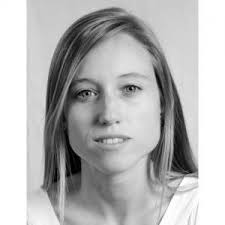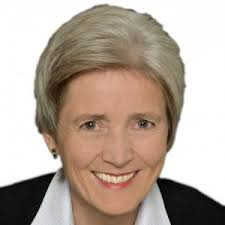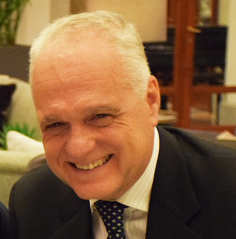The New Entrepreneurial Revolution
Supporting entrepreneurship and innovation has become one of the key tools in the development strategy that a few countries are using lately. There is a new competitive focus on talent rather than anything else. Some countries/organizations realized that the way to grow is not based on investments behind infrastructure but rather on talent, there is a new wave of talented people willing to change countries based on how these countries are attracting them. This new immigration behavior is dramatically changing the way on the world interacts. The countries that make themselves highly attractive for this new type of nomads will have the advantage and probably lead the next disruptive innovations. In the last 3 years Chile has been taking a leap on this matter, launching successful programs such as StartUp Chile, attracting international centers of excellence and many internal policy changes that aim to make the country more attractive for both local and foreign entrepreneurs and innovators. In this webinar you will see the evolution on these public policies with a deep insight to Start-Up Chile, how it started, how the learning process was and the impact generated so far.

Relator: Ms. Angeles Navarro
Global Networks Director, Start-up Chile, ChileAngeles Navarro is the Global Networks Director at Start-Up Chile; a program created by the Chilean Government that seeks to attract early-phase, high-potential entrepreneurs to bootstrap their startups using Chile as a platform to go global. Her objective at this position is to help Start-Up Chile participants to be better connected, generating global networks within the alumni and creating alliances with companies abroad.










